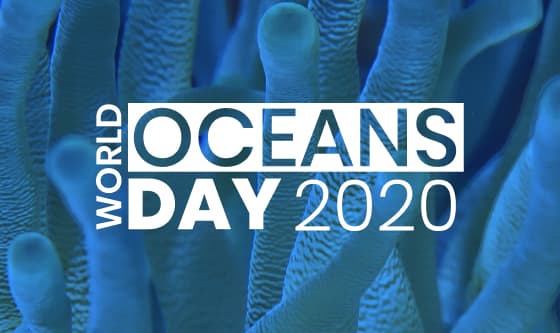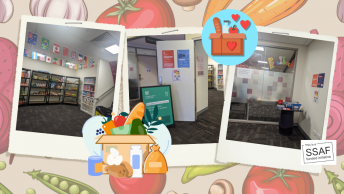This post is over three years old, the information may be outdated.
Even if you don’t live next to a beach or even if you’ve never even been to a beach, World Ocean Day is worth celebrating. The ocean affects us all, a fact that has only been brought to light and focused on in the last decade or two!
Whales play a really important role in bringing nutrients to the surface for healthy fish that we eat to make us healthy. Our rivers and our rain are dependent on the ocean for water and even the very air we breathe is predominantly made by phytoplankton. Phytoplankton is an aquatic plant that produces between 50-85% of the world’s oxygen! So you can see that even if you live in the very heart of Australia, the ocean plays a big role in your life.
Movies to watch
Movies can help you learn and appreciate the awe-inspiring nature of the ocean (and no, don’t watch Jaws). It’s worthwhile if you can to project them onto a wall to get the effect of how scary but beautiful as well the waves, the sharks and the huge whales can be. And how can you turn away from the vivid, striking colours of the coral reefs?
Here are some suggestions for ocean movies: Defend Conserve Protect, Chasing Coral, In the Heart of the Sea, Mission Blue, The Story of Plastic, Finding Nemo, Ocean Heaven or The Lighthouse of the Whales.
Games to play
Games are a good way to engage with your family and friends on World Ocean Day and share your love of the high seas.
Make an ocean trivia set or ocean charades – you can make it challenging for adults and kids alike! Cut up some plastic out of the trash and make your own art or jewellery with the kids – appoint a judge to pick the winner!
Little things you can do to help
Lifestyle changes are the important thing for actually helping our ocean. Every year 8 million tons of plastic enters the ocean and wreaks havoc. Unlike land animals, ocean animals don’t distinguish food based on smell or sight. Even if they did, plastic looks like their food and like their food, there is no real sense of smell, which is why it is often found in the stomachs of dead ocean animals washed up on shore.
The currents of the ocean carry the trash and rubbish around our world and it all ends up colliding to form islands of trash at certain points. These are very dangerous to the larger ocean mammals. I could write a whole article on the dangers of plastic in the sea but the message is if you want to help the ocean, try and use less plastic in your lifestyle.
To do this, buy reusable and cleanable products such as toothbrushes, water bottles, sanitary products or makeup wipes. Purchase products that aren’t in plastic bottles or buy from wholefood stores that let you bring your own containers. You can also help by not littering near or on beaches, rivers and other waterways and support ocean conservation groups such as Sea Shepherd or the Australian Marine Conservation Society.
Our ocean and its wildlife is a beautiful gift! Happy World Ocean Day!










